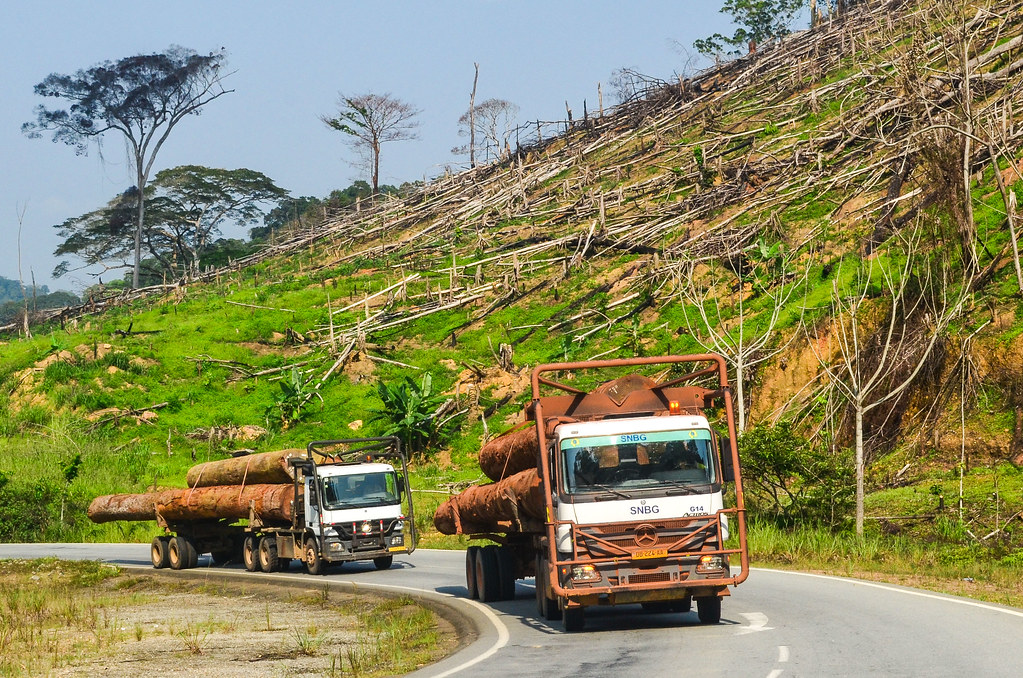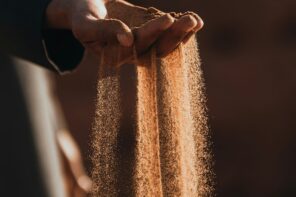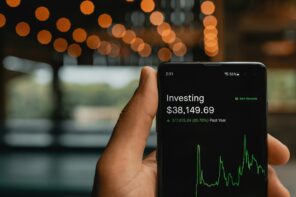Gabon, a Central African nation whose economy has historically been dependent on oil, is now exploring the frontiers of climate finance. Besides its dwindling oil reserves, Gabon is blessed with another extraordinary natural resource: 13% of the Congo Basin Rainforest. This rainforest, known as the Lungs of Africa, is larger than the entire state of Alaska, making it the second largest rainforest in the world after the Amazon. This rainforest is the reason why Gabon is one of the world’s few net sequesters of carbon—meaning it absorbs more carbon than it emits. The government is working closely with private organizations to preserve the rainforest in an attempt to capitalize on its value with a revolutionary financial product. This product is a bond whose underlying asset is this forest, not valued on timber, but its ability to absorb carbon.
This product is a bond whose underlying asset is this forest, not valued on timber, but its ability to absorb carbon.
Now—at a time where climate change has become undeniably apparent—more and more corporations and governments are making pledges to become carbon neutral, net zero and carbon positive. The African Conservation Development Group (ACDG) is one of the companies working to preserve and commercialize Gabon’s rainforest. With their current 50 year concession of forest, ACDG believes they can generate the stream of carbon credits—permits that offset emissions—that corporations, governments, and foreign investors need to reduce their environmental impact. ACDG has been involved in negotiations to secure contracts with companies which would offset 3 million tonnes of greenhouse gas emissions a year for over 10 years. Each tonne would cost a minimum of $10 and ACDG would package the income stream in a bond priced at a small premium over Gabon’s sovereign debt.
By securitizing the ecosystemic value of its rainforest, Gabon has created a radically new financial product based on the idea of natural capital. Natural capital refers to a new economic principle that factors in the role of natural resources in the economy by putting a price on “ecosystem services,” such as the carbon absorption and climate regulation done by Gabon’s forest. Naturally in finance, anything that can be priced should be traded, so the next question is how to do so.
By securitizing the ecosystemic value of its rainforest, Gabon has created a radically new financial product based on the idea of natural capital.
Carbon markets are governed by a system of Cap and Trade, whereby governments set a limit, or cap, on the amount of carbon dioxide that can be emitted by a certain industry and issue a set number of carbon allowances to companies. If a company cannot cover its carbon emissions with its allowances, then it must purchase extra ones from a firm with reserves. Lately, carbon prices in the EU have been on the rise, pointing to the growing urge for companies to find alternatives to offset emissions. Natural capital markets could provide the solution. Logically, the price of a financial security, whose value is tied to the ecosystemic services of a resource, would increase if the value of the underlying services increases as well. The only way to increase natural capital would be to regenerate the ecosystem. This would result in more carbon offsets, benefiting companies that require them, while also preserving the earth’s biosphere.
Although natural capital markets could revolutionize carbon offsetting, similar systems, like the Cap and Trade, have failed in the past. More often than not, countries and corporations lag behind their emissions targets and net zero goals. Even international climate agreements, like the Kyoto Protocol and Paris Agreement have had difficulties reaching their carbon goals which delays the transition to a sustainable future. This presents a potential roadblock for ACDG’s bond, which may not become popular until countries and corporations are more serious about climate change. This, unfortunately, may come too late.
Even international climate agreements, like the Kyoto Protocol and Paris Agreement have had difficulties reaching their carbon goals which delays the transition to a sustainable future.
The question of how to use a country’s natural resources as an engine for economic development without destroying them is a familiar one in the developing world. Countries such as Brazil, the DRC, and Indonesia have shown frightening deforestation rates over the last 20 years. In Brazil alone, massive deforestation has transformed the Amazon, the largest rainforest in the world, into a net carbon emitter. However, if ACDG’s bond issue is successful, it would set an important precedent for countries like these and others with large ecosystems to issue a similar type of bond and sustainably commercialize the value of their natural resources.
Gabon’s preservation efforts are already paying off too, making it an even brighter north star for developing countries to follow. This year, the country received $17 million from the Central African Forest Initiative (Cafi), a UN backed fund, for reducing deforestation and increasing preservation efforts in its rainforests. This was the first payment out of a $150 million deal. Through Cafi, the UN has also validated Gabon’s systems for monitoring deforestation and carbon emissions, which, according to Gabon’s Forest Minister, could open a new source of revenue by charging high carbon-emitting countries for managing their resources.
Gabon is also stirring up thoughts of a forward-looking change in the discipline of Economics. The fundamental idea in Economics—that humans should achieve infinite growth with limited resources—is in itself paradoxical. However, Gabon’s calling on natural capital shows that natural resources have value beyond the materials they produce, which helps anchor the discipline to a more palpable version of reality. Projecting beyond the borders of Gabon, this idea could potentially become the framework for climate change policy across the world in the near future.








